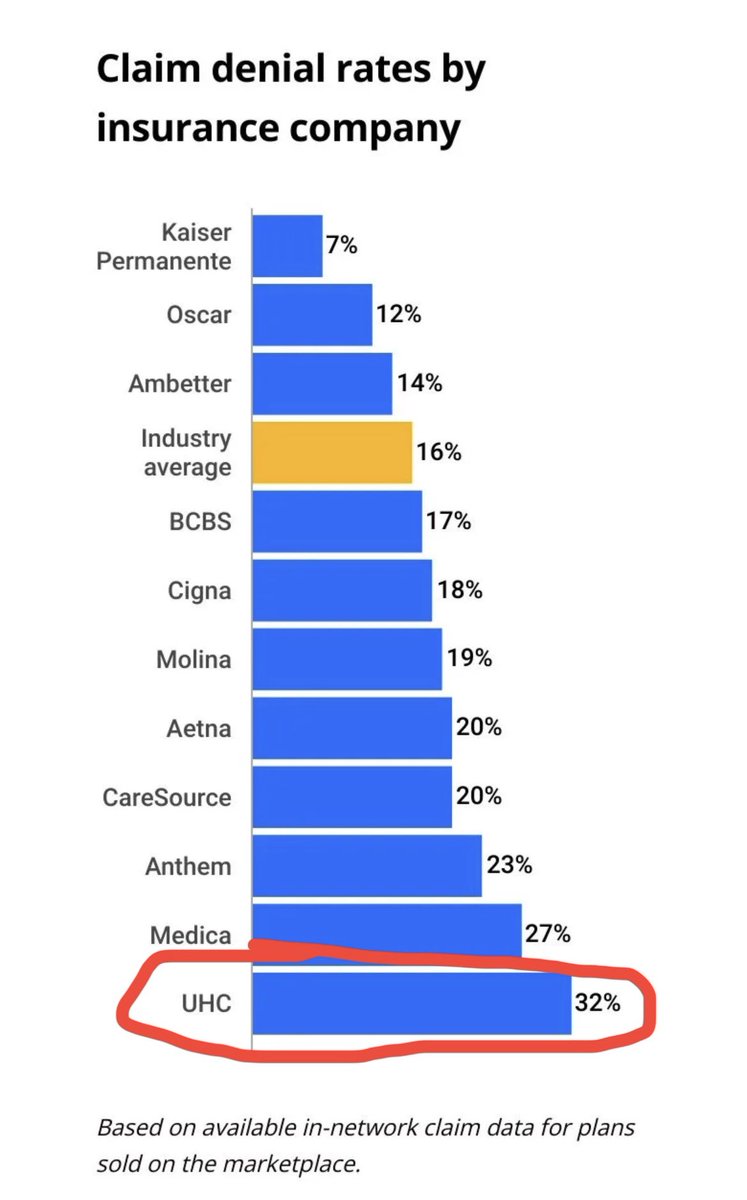Syrian government forces are expected to: 1. Leave Al Bu Kamal, Deir-ezzour, Palmira and stop at al-Qaryateyn to protect Homs. 2. Leave Daraa and retract to the limits of Damascus rural area. That will limit the defence of a larger area to a smaller area, secure Latakia, Tartous, Damascus and Homs.
Meanwhile Israel is considering annexing southern Syria.
Apparently some Iraqi militias Hezbollah forces are at Homs to fight, but HTS is still strong and is very well equipped, including with plenty of drones.
Most of the Syrian army has proven unwilling to fight. The troops are ill paid, the winning army was mostly disbanded, and the army troops subsisted by setting up checkpoints and extorting people who had to pass through them. The critical oil fields are under US control, so Syria’s government is poor. Hezbollah can’t send the amount of troops they sent in the past, for obvious reasons, and Russia is occupied in Ukraine and doesn’t have nearly as many “mercenary” troops to send as it used to.

(This map makes things look better than they are. The majority of the population is no longer under Syrian government control, nor is the oil.)
If Syria falls, Hezbollah is cut off from its Iranian supply chain, and Russia wants to keep its naval and air bases. As for Iraq, they have to figure that they’re next: once HTS has secured a bigger base in Syria, or taken most of it, they will turn on Iraq, as similar forces did in the past.
The situation is developing quickly, and a lot will depend on whether and/or where Syria and its allies can halt the HTS advance.
Assad has proved himself unable to do what needs to be done. His #1 need was to have a functional Syrian army and he failed at that. There may be good reasons for that, like lack of money and sectarian and tribal issues, but the bottom line is that the Syrian army’s willingness and ability to fight has so far been terrible.
If his allies do manage to save him, they should turn him into a figurehead and just the run the place themselves, it’s clear that he isn’t up to the job.
At the current time it seems the most likely outcome is Syria being partitioned between Israel and Turkey, perhaps with a rump Syrian state. But until we see if and where Syria and its allies manage to hold the line, it’s hard to say. All that being true, it’s also true that Syria in 2015 had been reduced far further than it is so far, so the situation is not, at least in principle, beyond rescue yet.
But Syria’s allies need to face the fact that the Syrian army is garbage and take over the war. If they don’t, the odds of success seem… bad.

